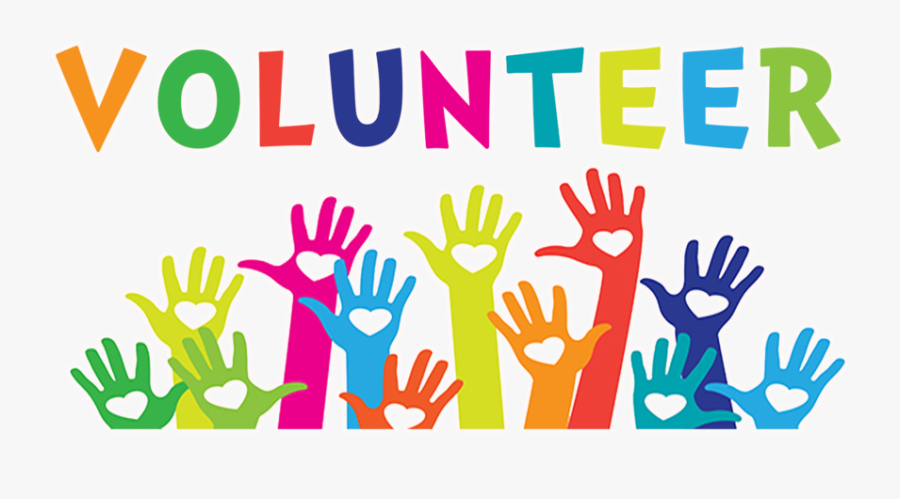
Bulk Hiring Volunteers
Published by Rajan 2022-07-02
smylemysha.org, India’s leading Non-profit org. We are looking forward to accepting applications across the world.
Smylemysha.org is hiring volunteers to work with us in all cities of India to provide better awareness of health and education. Anyone can join our team to give their support to our country. They will seek people in the problem of medical help and our org will crowdfund or help those poor people. They will promote our causes and projects to donators to smooth successful results.
Job Description
Role: Volunteers ( Anyone can join )
Location: All over India
Company Details: Smyle Mysha Welfare Society is a not-for-profit organization in India, the Society is registered under the Societies Registration Act of 1860. Set up in 2016 in Allahabad, Uttar Pradesh, India, the organization works for Medical issues, educational help, and poverty, and we are also committed to supporting our government so we can build a new India, we are creating a human chain of those who wish to contribute as per their abilities and profession.
If you are willing to contribute your help to your own country please click on the below link I'm interested and upload your cv/resume.
Regards
Team
Smyle Mysha Welfare Society

How Can I Start a Career in an NGO?
Published by Rajan 2022-07-02
Hello this is a career
Most young professionals enter an NGO career by studying for a degree, volunteering, or joining an internship program. Networking often plays an important role as well. Here are five steps that will increase your chances to start a career in an NGO:
#1 Get a master’s degree
Do you really need a degree to start a career in an NGO? The short answer is: yes. Most NGO jobs require a master’s degree in a relevant subject. Some NGO job descriptions outline that they accept a bachelor’s degree with several years of working experience. However, most NGO careers are highly competitive and several hundred applications per job are not unusual for larger organizations. With this fierce competition and automated systems ranking the applications in some instances, it can be difficult to reach the recruiters if you don’t entirely fulfill or exceed the requirements. Without a master’s degree, it might also be more difficult for you to advance your career later. Mid-career and senior-level positions very frequently require a master’s degree. While your marks really don’t matter to most employers, one very important task during your studies is to make friends. A good network of supporters can significantly increase your chances of success later in life.
If you are a young professional: Study for a master’s degree
If you are a mid-career professional with several years of experience: Consider a part-time master's program or a
#2 Complete relevant training
Many international organizations and NGOs offer training that is relevant to starting a career in an NGO. The easiest way is to take an online course in a relevant subject area such as Human Rights, Health, or Social Justice. Training and online courses will equip you with the relevant terminology and a basic understanding of how NGOs work and what they do. This will help you during your job applications and interviews. Beyond that, online courses, workshops, and training can help you explore and discover your own interests. It’s essential for a purpose-driven career, that you actually care about the cause. Other options to complete relevant training include taking part in events, workshops, or summer/winter academies.
Take part in online courses to improve your skills and knowledge
Take part in events, workshops, and summer/winter academies
#3 Get a paid internship
Ironically, many internships in the NGO sector are still unpaid. But if you aim for a proper career in the NGO sector or don’t have the financial means to work for free, unpaid internships aren’t an option. It also won’t impress any recruiters if you did one unpaid internship after the other. Therefore, we have listed a variety of organizations offering paid internships on our website to save you time exploring your options. To get the best out of your internship, be humble, and supportive and openly communicate to others about what your career goals are. You want them to think of you and let you know when an opportunity comes up. Support your working colleagues and contribute to solving challenges and issues they face. This way you build trust with them and they will advocate for you when new jobs are available. Don’t be afraid to take on responsibility. You are here to learn and it is okay to make mistakes. If you can put in some extra hours to learn faster, explore innovative ideas and excel in your tasks, do it. One thing organizations hope to gain from paid interns is indeed fresh ideas and new (outside) perspectives.
If you are an early career professional: Apply for paid internships
If you are a mid-career professional: Apply for paid internships or consider slightly more advanced options such as traineeships and fellowships
If you are a senior-level professional: You might want to skip this step and instead aim to develop transferable skills in your current job that you can later put emphasis on when you apply for NGO jobs.
#4 Tailor your application materials
With hundreds of people applying for one NGO job, your application materials need to be excellent. Spelling mistakes are a reason to be screened out quickly. Beyond that, you need to tailor each application to the job you are applying for. Clearly outline how you meet the requirements. Demonstrate how you were able to perform the required tasks in the past. The recruiters will more likely consider you if they can see that you can easily grow into the role from your previous internships or experience. Most importantly, spend time exploring the organization’s website, mission, language, goals, mandate, structure, team, programs, and language. Using the same terminology as the organization will literarily convey that “you speak the same language”.
It can also be useful to break down your application materials into different content elements that you can reuse and adjust for future applications. You can use the different elements to highlight skills or experiences that are particularly relevant to the job you apply for. Developing excellent application materials is normally a long-term task. Don’t hesitate to contact your friends, family, colleagues, fellow students, or previous lecturer to ask for input.
NGO recruiters rarely have much time. They often aren’t only recruiting but have dozens of other tasks such as conducting training, managing the well-being of staff, organizing events, and more. Scanning applications might be a small percentage of their daily work. For this reason, recruiters usually don’t read the entire application at first and only skim-read the application initially to reduce the number of candidates they have to choose from. A good structure is paramount to leaving a good first impression and increasing your chances to get shortlisted. Also, avoid any extraordinary visual features. Recruiters prefer simple, plain formats that are immediately clear.
#5 Apply for NGO jobs
All NGOs have in common that they work for social change and the community. There are many websites where you can search for NGO jobs. The largest NGO job boards are reliefweb and idealist. However, you might also want to consider niche job boards such as Human Rights Careers or AidBoard. Below is a more extensive list of job boards that could be useful for you.
The future is bright the shine is there. start today.
Thank you
Team
Smyle Mysha Welfare Society